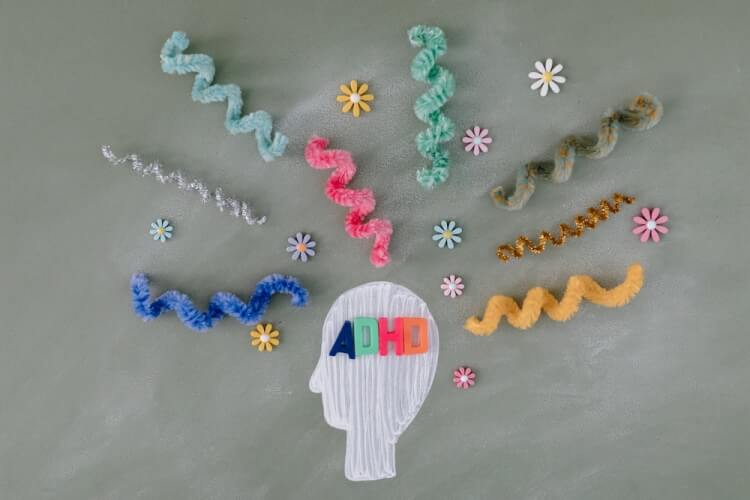
ADHD is a condition that pretty much everyone is aware of. However, there are many misconceptions about ADHD, what it looks like, and how it affects someone.
The symptoms and behaviors associated with ADHD are indeed things that everyone experiences normally. However, those with ADHD experience them to a much higher degree. So it affects their life more significantly.
Because they are experienced by most people to a lower degree, it’s often easy for people to downplay the struggles people with ADHD face. Even if it’s not intentional. With that in mind, here are some things you shouldn’t say to people with ADHD, as they are often hurtful and dismissive.
“Well, everyone is a little bit ADHD.”
While it’s true that most people face distraction, minor fixations, and forgetfulness, it’s more intense for those with ADHD. For you, maybe you procrastinate doing an assignment, get distracted by an ambulance going by, or forget to take out the trash. Those are all normal things.
However, for people with ADHD, it extends beyond that. They procrastinate basic things like showering or using the restroom. The littlest noises, like a fan running in the background, distract them during important meetings. They forget to do key tasks like take medications, eat, or drink water. Their symptoms affect the littlest aspects of their daily life.
Stating that everyone does these things dismisses just how pervasive the symptoms are for those with ADHD. On top of that, ADHD is much more than just a distraction disorder. It affects their executive functions and emotional regulation, too.
“You just need to try harder.”
People often think that people with ADHD are just lazy or not trying hard enough—that they’re using their ADHD as an excuse. That couldn’t be further from the truth.
While they may do some tasks efficiently and others poorly, it’s not a sign that they aren’t trying. They want to complete tasks, stay organized, and get things done, but their brain works differently than yours.
People with ADHD often view tasks as broken down into micro steps. Even if it’s as simple as washing the dishes, it feels much more imposing to those with ADHD because to them it’s not just washing the dishes; it’s getting up and going to the kitchen, finding the soap, running the water, washing the dishes, setting them out to dry, and then remembering to put them away later.
And along the way, they might get distracted by something else and never complete the task at all. The same goes with staying organized.
Additionally, ADHD is a disorder characterized by low dopamine. So people with ADHD do better at tasks that are stimulating for their personal interests since the stimulation gives them a dopamine lift.
In short, trying to stay on task and stay organized requires much more effort from those with ADHD and is often exhausting.
“You don’t seem hyper.”
It’s a big misconception that all people with ADHD must outwardly display hyperactivity. While some with ADHD people do appear hyper, there are others who are primarily inattentive. This means they often seem “spacey” or tend to lose focus and be distracted easily.
On top of that, hyperactivity doesn’t always have to mean someone is bouncing off the walls. Hyperactivity can also be quick, racing thoughts, fidgeting, or other stimming actions.
In fact, many associate hyperactivity with little boys who have ADHD. While boys to tend to show more of the hyperactive symptoms, it doesn’t mean that girls aren’t affected. Some girls display hyperactive symptoms, yet many are more internal, inattentive type symptoms. These girls often go underdiagnosed because it’s assumed they are just “spacey” and that it’s natural for girls to daydream.
___
ADHD is a complex disorder that affects a wide range of people, from children to adults. What’s important to remember is that they experience daily life differently than you and that their struggles are very real. That’s why it’s important to approach them with understanding and avoid making comments that might hurt their feelings, since people with ADHD already struggle with self-esteem, shame, and perfectionism.
If you or your child struggles with ADHD, you don’t have to deal with it alone. The highly trained therapists at Serenity EFTC can help. Contact us to schedule an appointment. Serenity EFTC offers ADHD treatment in Colorado.
